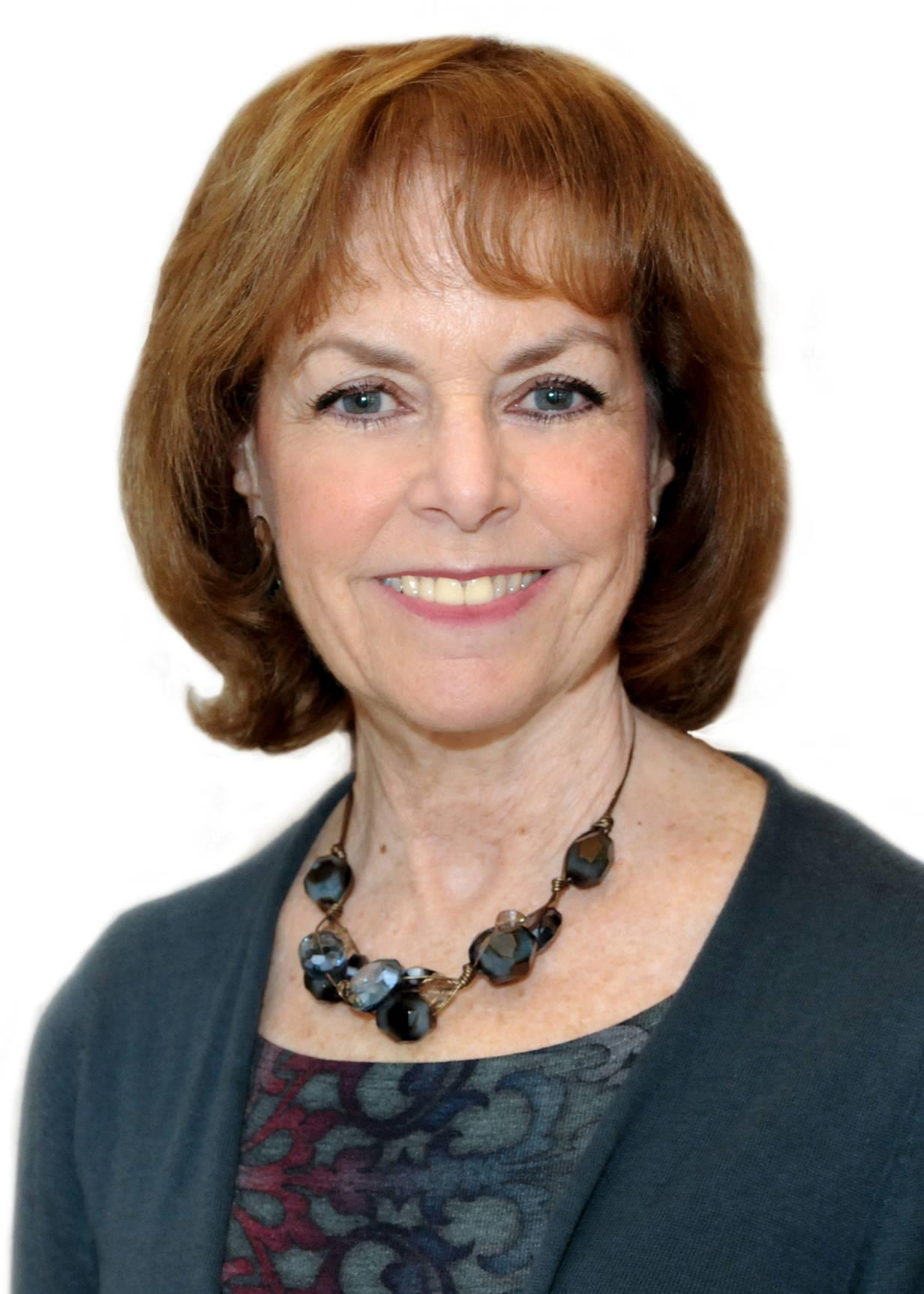Beth Lown is Chief Medical Officer of the Schwartz Center for Compassionate Healthcare, Boston MA,
Some essays strike close to home. That is how I felt when reading the striking sentence of Dr. Vik Reddy’s essay, “The Weight,” which reads: “He died because of a missed diagnosis.” Or perhaps more personally, he died because I missed the diagnosis.
Just reading these words chills my skin and fills my heart with a sense of dread that is all too familiar to me and, I suspect, to many healthcare professionals. The fear or the act of missing something that could result in harm to another human being, a patient who has entrusted his life to us, is terrifying.
In each of the three home visits I describe in the poem by that name [Home Visits] I made contextual errors that led to repeated admissions or care that didn’t fully support the patient or family’s needs—not seeing family dynamics that exacerbated angina, incompletely understanding the causes of “non-adherence,” missing the intense isolation and loneliness that we now know can be lethal. From Dr. Reddy’s perceptions of the missed diagnosis and the patient’s non-exculpatory autopsy emerge the specter of Jacob Marley, the greedy business partner of Ebenezer Scrooge from Dickens’ A Christmas Carol. The ghost of Marley appears "captive, bound and double-ironed" with the chains he forged in his lifetime, constricted then by his own selfishness and imprisoned eternally by his sense of remorse for his behavior. The trick for us earthly physicians is to learn how to hold our sense of professionalism, accountability and love for our patients alongside compassion for ourselves when we falter. Self-compassion requires that we notice when we are suffering, extend to ourselves the compassion we offer to others, and realize that suffering, imperfection and failure are part of the human condition. No excuses, but a commitment to ongoing learning to sustain the well-being of or our patients and ourselves and perhaps a little loosening of those chains. Not so simple to do.
Beth Lown is Chief Medical Officer of the Schwartz Center for Compassionate Healthcare, Boston MA, Associate Professor of Medicine, Harvard Medical School and Director of Faculty Development and the Fellowship in Health Professional Education at Mount Auburn Hospital, Cambridge MA. As an intern, she began writing poems as a way to remember and honor her patients, to try to understand their experiences and to make meaning of her own. Now retired from clinical practice, she finds joy in supporting the empathy and compassion of those who touch the care of patients and families. Her poem “Three Home Visits” appears in the Spring 2019 Intima: A Journal of Narrative Medicine.
© 2019 Intima: A Journal of Narrative Medicine

